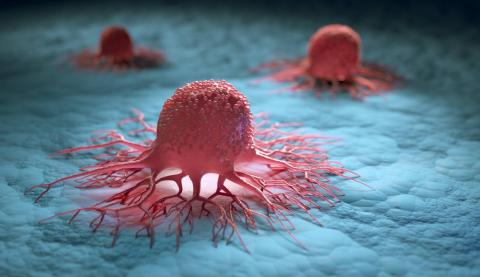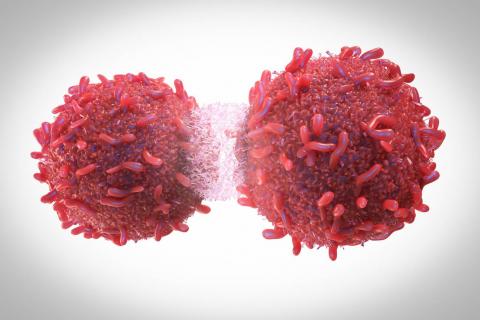Reaction to study quantifying delays in cancer diagnosis and treatment in impoverished countries
A meta-analysis published in the journal PLOS Medicine has analysed the time to diagnosis and treatment of various types of cancer in rich and poor countries. On average, the processes are 1.5 to 4 times slower in disadvantaged countries.

Borràs- Diferencias cáncer (EN)
Josep M. Borràs
Scientific coordinator of the National Health System Cancer Strategy, director of the Catalan Oncology Plan and Professor of Preventive Medicine and Public Health at the University of Barcelona
This article makes clear the importance of inequalities in access to health services according to countries' economic development. For the first time, it provides data on the median time between symptom perception and medical visit, the time taken for diagnosis and the time taken to initiate treatment. And the differences between countries (between 1.5 and 4 times) can be seen.
The National Health System's cancer strategy has from the outset proposed to support rapid access to diagnosis and treatment programmes in order to reduce diagnosis and treatment access intervals as much as possible. These intervals are related to prognosis and, very importantly, to patients' perception of quality of life and treatment.
Any patient, once cancer is suspected, aims for the process to be as quick and high quality as possible, and this article reminds us that we must work even harder to reduce these intervals. Global inequality between countries also greatly affects these intervals and should be a target for cancer plans in developing countries, as recommended by the World Health Organisation.
He declares to have collaborated in several publications with some of the authors of the work.
Petrova et al.
- Research article
- Peer reviewed
- Observational study
- People
- Meta-analysis



